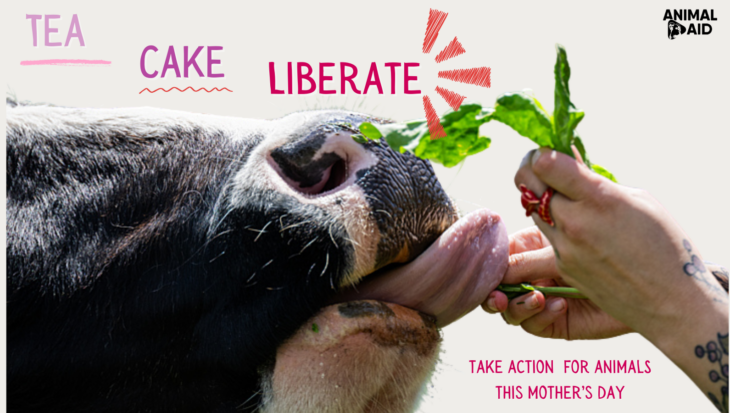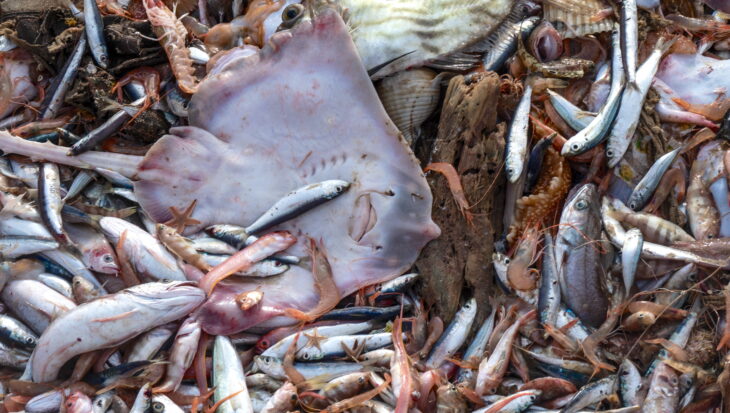Tea, Cake, Liberate for all the animal mums on Mother’s Day!
Discover the stories of the mothers trapped inside different animal industries, and how you can help stand up for them this Mother’s Day
Posted 27 Mar 2025

Posted on the 24th August 2016
According to Dr Michael Bracken, as much as 87.5 per cent of all biomedical research may be wasteful and inefficient1. The Susan Dwight Bliss professor of epidemiology at Yale University School of Public Health is quoted as saying ‘Waste is more than just a waste of money and resources,’ he also believes that ’It can actually be harmful to people’s health’.
The 87.5 per cent arose from the calculation that for every 100 research projects, only half lead to published findings, of these, half have significant design flaws which make their results unreliable. Of the remaining 25, half are either redundant or unnecessary. According to Bracken; ‘That’s how you get to 12.5 percent’.
Bracken, who along with Pandora Pound co-wrote a very important article in the BMJ in 20142, which noted that systematic reviews are exposing the fundamental weaknesses of the animal model, suggested that, to counter wasteful duplication, researchers should conduct systematic reviews for their research protocols, as research accumulates. He stated that currently there are only 408 systematic reviews for every 10,000 publications.
Bracken explained how existing systematic reviews (which answer a defined research question by collecting and summarising all empirical evidence that fits pre-specified eligibility criteria) of animal studies showed that very few studies were blinded (where the investigator does not know which group of subjects is receiving which treatment) or randomized (where subjects are randomly assigned to study groups) and that animal study methodology is 40 years behind human clinical study design. He stated, that ‘There I never any justification for the use of animal or humans in poorly designed studies’.
Discover the stories of the mothers trapped inside different animal industries, and how you can help stand up for them this Mother’s Day
Posted 27 Mar 2025

Join us this week on March 29th for the Ninth ‘World Day for the End of Fishing and Fish Farming’. Together, we’ll delve into the critical issues surrounding the catching and farming of fish, and...
Posted 25 Mar 2025
